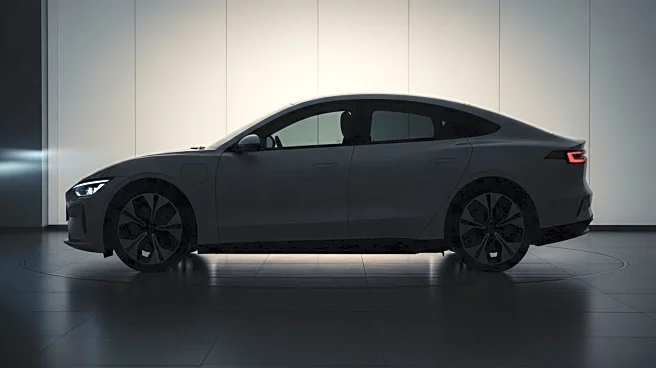What's Happening?
A woman named Ana R drove her Jeep to a Chevy dealer for an oil change and ended up purchasing a Chevy Equinox EV. The emotional appeal of electric vehicles, particularly their instant torque, played a significant role in her decision. The dealership leveraged the EV experience by offering a test drive, which highlighted the car's performance and emotional impact. This approach aligns with the sales principle that emotion drives purchases, with facts justifying decisions later.
Why It's Important?
The story underscores the importance of emotional appeal in selling electric vehicles. Instant torque and the driving experience can significantly influence consumer decisions, making test drives a crucial part of the sales process. As federal EV incentives are set to expire soon, dealerships may need to focus on emotional selling points to maintain sales momentum. This approach could help overcome consumer hesitations about EVs, such as charging anxiety and unfamiliarity with the technology.
What's Next?
Dealerships may increasingly adopt strategies that emphasize the emotional appeal of EVs, such as offering test drives that showcase performance benefits. As federal incentives expire, dealerships will need to find new ways to attract customers to EVs, potentially leading to innovative marketing campaigns. The success of emotional selling could prompt automakers to design EVs that enhance the driving experience, focusing on features that evoke strong emotional responses.
Beyond the Headlines
The shift towards emotional selling in the EV market highlights broader cultural changes in consumer behavior, where experiences and feelings are prioritized over technical specifications. This trend could influence how automakers design and market their vehicles, potentially leading to a focus on aesthetics and driving pleasure. As EVs become more mainstream, the industry may need to address ethical considerations related to marketing practices and consumer education.








